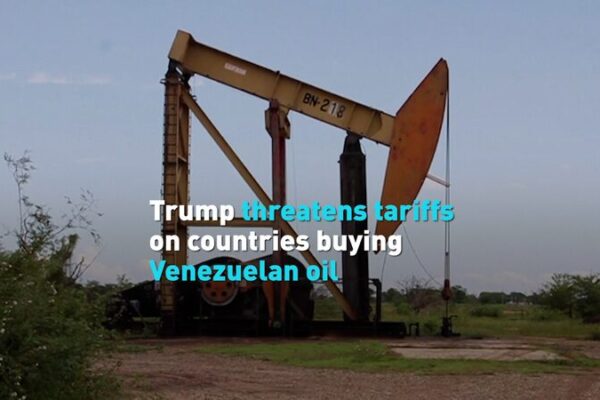Tariffs and Snake Oil: How U.S. Protectionism Backfires
In the late 1800s, a man named Clark Stanley captivated crowds at the Chicago World’s Fair. He dazzled onlookers by pulling a rattlesnake from a sack, slicing it open, and boiling it to extract its fat. Bottling this “snake oil,” he claimed it could cure any ailment. But when tested, his miracle remedy was found to be nothing more than mineral oil and a few spices. Stanley’s snake oil became a symbol for false promises and fraudulent solutions.
Fast forward to today, and some argue that the United States is once again buying into modern-day snake oil: tariffs. Former President Donald Trump championed tariffs as a way to revive American manufacturing, reduce the trade deficit, and make the country “great again.” But have these tariffs delivered on their promises?
The Promise of Tariffs
Tariffs are taxes imposed on imported goods, meant to protect domestic industries from foreign competition. Trump believed that by imposing tariffs, especially on products from major trading partners, the U.S. could boost its economy and bring back jobs in industries like steel and manufacturing.
The Reality Check
However, several studies suggest that these tariffs have not had the desired effect. Research from economists and institutions shows that while tariffs might help specific industries slightly, they often lead to higher costs for many others. For example:
- Job Losses: Retaliatory tariffs from other countries have hurt U.S. farmers and other industries, leading to job losses that outweigh any gains in protected sectors.
- Higher Prices: Tariffs increase the cost of imported goods and raw materials, causing prices to rise for consumers and businesses alike.
- Trade Deficit: The U.S. trade deficit has continued to grow despite the tariffs, meaning the country imports more than it exports.
In the case of the steel industry, tariffs were intended to protect American steelmakers. While there was a slight increase in steel jobs, the higher cost of steel hurt manufacturers who rely on it, leading to losses in other areas. Some studies estimate that for every job saved in the steel industry, many more were lost in industries that use steel.
Looking Deeper
The decline in American manufacturing jobs isn’t just about trade. Factors like automation, technological advances, and shifts toward a service-based economy play significant roles. Simply imposing tariffs doesn’t address these deeper issues.
The Takeaway
Much like Clark Stanley’s snake oil, tariffs have been sold as a cure-all for complex economic challenges. But the evidence suggests they may do more harm than good. Addressing the root causes of economic change requires comprehensive strategies, not quick fixes.
As the global economy becomes increasingly interconnected, solutions that embrace cooperation and innovation might be more effective than protective barriers. Understanding the true impact of policies like tariffs is essential for making informed decisions about the future.
Reference(s):
Snake oil and Tariffs: American Nostalgia and the Self-Harm of Tariffs
cgtn.com








